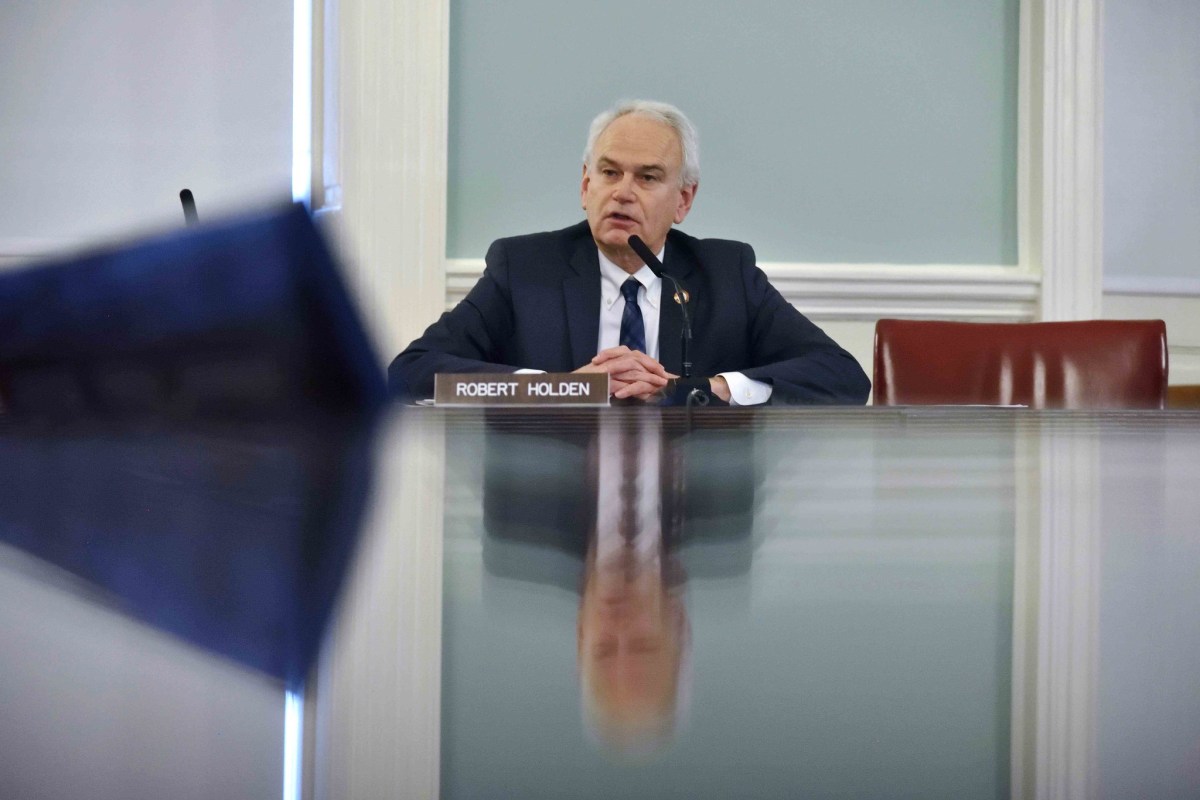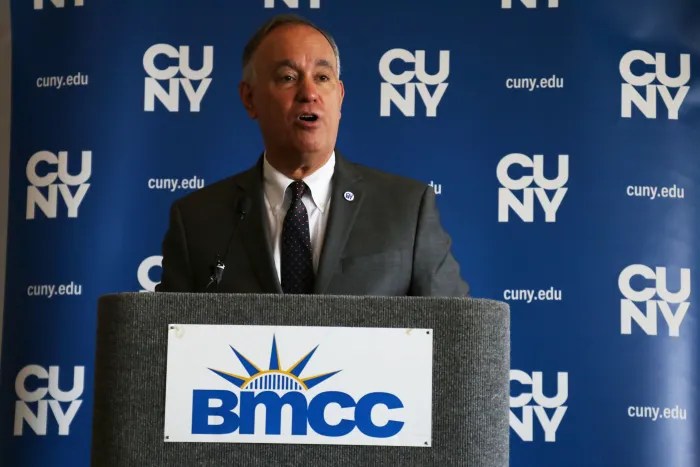Antigua
The Antigua and Barbuda government said it will not be paying bonuses or making salary advances to public sector workers this Christmas, due to the impact of the COVID-19 pandemic.
In a statement, Prime Minister Gaston Browne’s administration stated that cabinet recently reviewed the fiscal position of the government and the revenue intake of the treasury, the statutory corporations and several government entities.
Browne said the fiscal state of the government was severely challenged as a consequence of the COVID-19 pandemic and its impact on economic activity since March 2020.
He said the cabinet of Antigua and Barbuda has therefore, determined that the treasury, the statutory corporations and the state several authorities were not now in a position to pay bonuses, or make advances to staff.
The prime minister added that the difficult position in which the government bodies find themselves, began nearly nine months ago when borders were closed, and those conditions will not dissipate for a few months yet.
His statement said that the cabinet determined that the conditions in the major markets with which Antigua and Barbuda trades, whether goods or services “are not likely to improve until after the first quarter of 2021. Consequently no bonus will be paid.”
Browne said the global COVID-19 pandemic has disrupted all economies, resulting in layoffs and terminations of many employees in Antigua and Barbuda and around the world.
Barbados:
The International Monetary Fund (IMF) said it has approved US$390 million for Barbados after its executive board concluded the fourth review of the IMF’s Extended Fund Facility (EFF) for the island.
The four-year extended arrangement under the EEF was approved on Oct. 1, 2018 and the IMF said that included the augmentation approved by the executive board, the extended arrangement is for an amount equivalent to US$464 million.
The IMF said Barbados continues its strong implementation of the comprehensive Economic Recovery and Transformation (BERT) plan aimed at restoring fiscal and debt sustainability and increasing reserves and growth.
“The prolonged global coronavirus pandemic poses a major challenge for the economy, which is dependent on tourism and is expected to have a large impact on the balance of payments and the fiscal accounts,” the IMF said.
Bahamas
The Bahamas has now being removed from the “Grey list” of the Financial Action Task Force (FATF) and will no longer be seen as one of “jurisdictions under increased monitoring.”
The decision follows the final assessment and recommendations of the International Cooperation Review Group (ICRG) of the Americas, resulting from an onsite visit to The Bahamas between November 10 and 11.
In a statement last week, the FATF congratulated The Bahamas for the “significant progress” it has made in improving its AML/CFT/CFP regime.
“The Bahamas has strengthened the effectiveness of its AML/CFT system and addressed related technical deficiencies to meet the commitments in its action plan and remedy the strategic deficiencies identified by the FATF in October 2018,” it said.
“The FATF now delists The Bahamas from the list of jurisdictions under Increased Monitoring. The Bahamas is no longer subject to the FATF’s increased monitoring process,” the statement said. `
Caribbean
CARICOM countries have placed a temporary ban on the importation of all poultry from the United Kingdom because of an outbreak of Highly Pathogenic Avian Influenza (H5N8).
The decision to impose the temporary ban was recently taken following a meeting of CARICOM chief veterinarian officers.
According to a statement issued in Antigua and Barbuda, H5N8 is a strain of the avian influenza virus, which can result in catastrophic effects to the poultry sector in the island and across the region.
The statement said that entry of the virus can result in sudden death of birds for entire farms and flocks and devastate poultry farms within 48 hours.
It said a harmonized approach in the region was vital to secure the poultry sector across CARICOM.
The statement said processed poultry products (canned or hermetically sealed) shall be accompanied by an International Veterinary Health Certificate attesting that it was treated to destroy the avian influenza virus.
Guyana
The Inter-American Development Bank (IDB) has approved a US$30.4 million loan to contribute to ensuring minimum levels of quality of life for vulnerable persons amid the crisis caused by COVID-19 in Guyana
To do so, the Washington-based financial institution said the program will contribute to support minimum income levels and preserve the human capital of those affected by the pandemic.
In Guyana, as of Dec. 8, there have been 5,727 confirmed cases and 154 deaths from COVID-19, the IDB said.
“The crisis caused by this pandemic negatively affected the living standards of nearly all people,” it said.
The IDB said particularly vulnerable groups include low-income families, the elderly, individuals with disabilities and even women, “who suffered increased rates of intimate partner violence as an unintended consequence of the confinement measures.”
“In addition, the pandemic will have a negative impact on learning, with potential long-term effects on human capital and inequality,” the IDB said, noting that it is expected to directly impact the education sector both on the demand side and on the supply side.
To address these challenges, the IDB said it has approved a project that will have two main components — social protection and support for educational community.
Grenada
The Grenada government recently tabled an EC$1.2 billion tax free budget in Parliament, underscoring the uncertainty that is surrounding the global economy as a result of the COVID-19 pandemic.
Finance Minister Gregory Bowen, in his first presentation since he was appointed to the position replacing Prime Minister, Dr Keith Mitchell said the 2021 budget has been prepared against a backdrop of extraordinary uncertainty facing the global economy.
He told Parliament that the COVID-19 pandemic caused the worst economic downturn on record for the island.
Bowen said that Grenada’s economy expanded at a brisk pace in the past seven years with economic growth averaging 4.4 percent in real terms over the period 2013-2019.
However, the finance minister said, data for the first half of 2020 indicated major declines in all sectors of the economy, particularly the tourism and private tertiary education sectors. As a result, an overall double-digit contraction of 12.2 percent is estimated for 2020 in contrast to the 3.2 percent posit9ive growth projected at the start of the year.
Trinidad
A Trinidad and Tobago judge has been appointed to the International Criminal Court (ICC) in The Hague for 2021-2030.
Justice Althea Alexis-Windsor was one of six judges elected after eight rounds of voting which began on December 18.
She was elected in the eighth round with 86 of the 118 votes, surpassing her rival from Tunisia, Haykel Ben Mahfoudh.
Judges were nominated to the ICC have experience either in litigating or adjudicating cases before the Internal Criminal Tribunals and the ICC itself.
Every candidate for election to the court is also required to have established criminal law and procedure.
Alexis- Windsor, who was appointed a judge of the Trinidad and Tobago Supreme Court in 2013, previously served as trial and appeals counsel at the International Criminal Tribunal for Rwanda from 2004 to 2013.
She was also senior state attorney at the Office of the Director of Public Prosecutions and was deputy director of the human rights unit at the Office off the Attorney General in T&T.
The late T&T Karl Hudson-Phillips QC, also served as a judge of the ICC from 2003-2007, having resigned before the end of his term for personals reasons.
Other T&T judges to serve on the International Criminal Court in The Hague (Netherlands) were former High Court judges Jeffrey Henderson (2013) and Anthony Carmona who resigned to take up the post of president of Trinidad and Tobago when the PP government under Prime Minister Kamla Persad-Bissessar took office in 2010.
— Compiled by Azad Ali




















